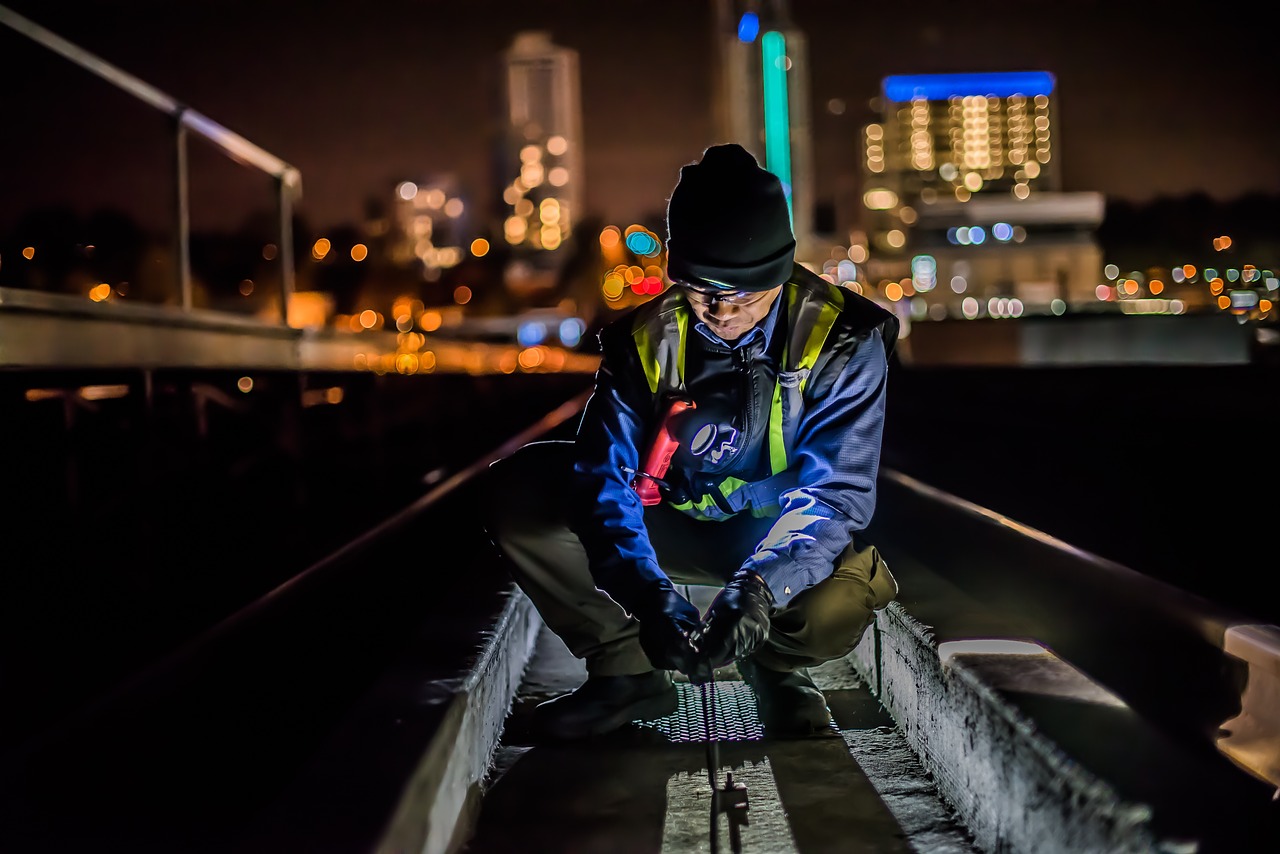Night Workers – Wellbeing and Safety
The modern economy never stops working. Day and night, there’s always someone on the clock – whether it’s a nurse in a maternity ward, a cashier at a twenty-four-hour petrol station, or a construction site worker helping to push a project to completion that little bit faster.
Working night shifts can present a range of safety challenges, however. Many of these centre around disruption to your sleep pattern – but there a few other challenges inherent on working when everyone else is asleep. Let’s take a look at a few of them, and see what can be done.
Risks
At night-time, obviously, visibility is poorer. This presents a safety challenge, especially in already-dangerous workplaces like construction sites and public roads. Floodlights and high-visibility clothing can help to give everyone the best possible awareness of the people around them.
Night work outdoors also tends to be very cold, especially in winter. Wrapping up warm is therefore a health-and-safety challenge.
Shift work results in sleep disruption. Poor-quality sleep can have a whole range of adverse consequences. In the short-term, you might have trouble concentrating, or develop headaches. In the long-term, you might be at higher risk of heart attacks, cancer and dementia.
Health and Safety Practices
Keeping your sleep patterns consistent is key. We’re naturally adapted to respond to changes in our environment, taking cues as to when it’s time to sleep and time to wake up. If you’re working a night-shift, these natural cues are absent.
Changing your bedroom setup can make all the difference. Install heavy blackout curtains to keep daylight away. Wear an eye-mask and earplugs, and keep the temperature down to around 18 degrees wherever possible. If you live with other people, make sure that they understand not to disturb you.
Employers can do a great deal to make life easier for their employees. There’s a legal duty to abide by the Working Time Directive, which limits overall hours worked in a given timeframe. But you might want to go a stage further and carry out full and regular risk assessments, to see the extent to which your workers are impacted by their shift work. Workers should be allowed a degree of flexibility when it comes to their working hours – everyone’s body-clock is different, after all.
Tired and unfocussed workers tend to be less productive, and more prone to suffering a workplace injury or accident. Anything that can be done to support their wellbeing, therefore, is worth doing.

